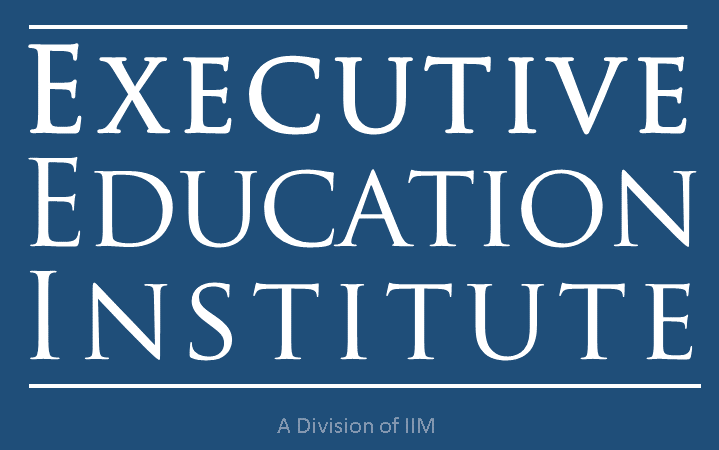CEO Hall of Fame
Most Respected CEOs & CEO Hall of Fame
Peter F. Drucker
Modern
Management Guru
(1909 -2005)
"Leadership is all hype. We've had three great leaders in this century - Hitler, Stalin, and Mao." (Peter F. Drucker)
Key Work
- Gets PhD in Public & International Law, University of Frankfurt, Germany.
- Works as investment banker in London, UK
- Works as investment advisor and correspondent for Financial News, USA
- Works as a private consultant to business and on government policy
- Teaches at Sarah Lawrence College;
- Professor at Bennington College, Vermont.
- Spends 18 months interviewing senior management at General Motors, which produces: The Concept of the Corporation" - Assessing the weaknesses of GM - Becomes best-seller
- Becomes Professor of Management at New York University Graduate School of Business.
- Publish more than 33 books published over seven decades
- Founds of the Peter F. Drucker Foundation for Non-profit Management.
The fundamental difference between Drucker and
GM was the GM saw the workforce as a cost, while Drucker saw them as
a resource. With GM business model he questioned whether the current
corporation policies and procedure would continue to work in a future of
global competition, changing social values, automation, the drive for
quality and the growth of the knowledge worker. He brought attention to
- How the layers of bureaucracy slowed down decision making, and suggested that the GM hierarchy of commands and controls would be slow to respond in a rapidly changing future.
- The inefficiency of the assembly line
- How Policies created adversarial labor relations and De-motivation
- The relationship between the employee and the organization
- The need for continual training and retraining and self development of managers
- The social and environmental responsibility of the organization
- The imperatives of community and customer relations.
In his book the "Practice of Management"
he identified 8 management performance measurements
- Market standing
- Innovation
- Productivity
- Physical and financial resources
- Profitability
- Managers' performance and development
- Workers' performance and attitude
- Public responsibility
Drucker highlights the new realities of changing population demographics, the emergence of global markets, new world economy and employee society His identify the new management challenges
- In the knowledge organization, the "supervisor" has to become an "assistant," a "resource," a "teacher."
- No need for "middle management".
- Top management that will have to restructure itself to meet the challenges
- Top management will have a lead in social responsibility
Books & References:
- The Future of Industrial Man: A Conservative Approach. New York: The New American Library, 1965.
- The Practice of Management. New York: Harper & Row, 1954.
- Managing for Results Economic Tasks and Risk-taking Decisions. New York: Harper & Row, 1964.
- Concept of the Corporation. New York: New American Library, 1964.
- The Effective Executive: The Definitive Guide to Getting the Right Things Done (Harperbusiness Essentials). New York: Harper & Row, 1967.
- The End of Economic Man. New York: Harper & Row, 1969.
- Technology, Management and Society. New York: Harper & Row, 1970.
- Management: Tasks, Responsibilities, Practices. New York: Harper & Row, 1973.
- Managing in Turbulent Times. New York: Harper & Row, 1980.
- The Changing World of the Executive. New York: Times Books, 1982.
- Innovation and Entrepreneurship - Practice and Principles. New York: Harper & Row, 1985.
- The Frontiers of Management: Where Tomorrow's Decisions Are Being Shaped Today. New York: Truman Talley Books/Dutten, 1986.
- Managing the Non-Profit Organization : Principles and Practices. New York: HarperCollins Publishers, 1990.
- Managing for the Future: The 1990s and Beyond. New York: Truman Talley Books/Dutten, 1992.
- Managing in a Time of Great Change. New York: Truman Talley Books/Dutten, 1999.
:::
Back to CEO Hall of Fame List
:::
Executive Education and Management Training
- The institute researches, develops, and disseminates best management practices and learned-lessons from leading CEOs and CEO Hall of Fame. For advanced executive education and management training courses, please visit the Executive Education Courses.

